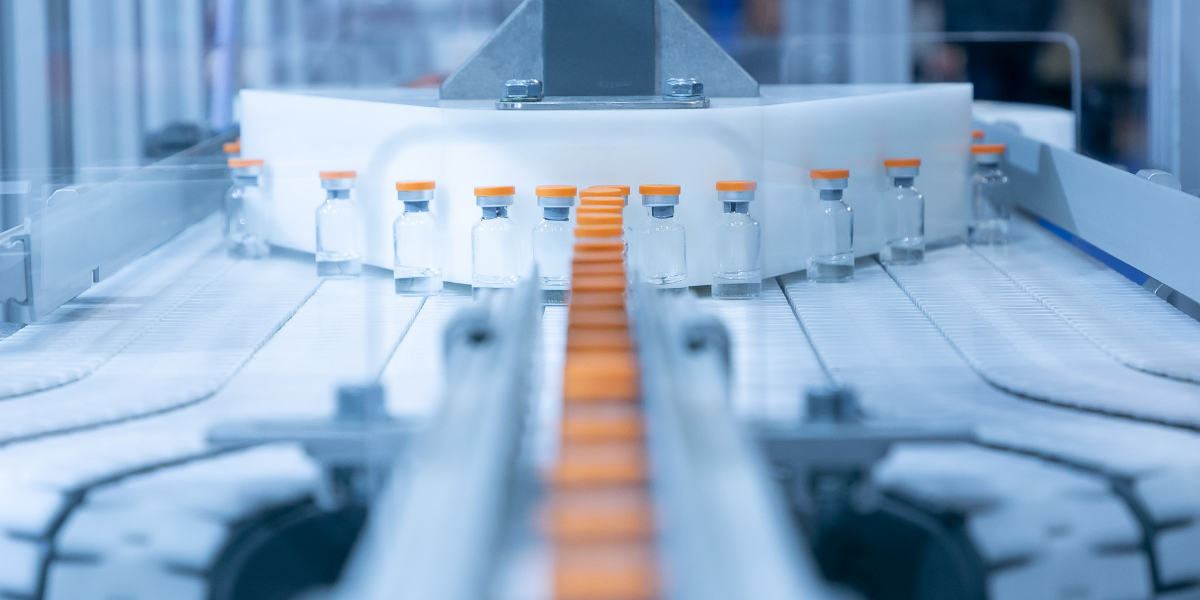.png)
The 2025 edition of Pharmintech reinforces the more than consolidated collaboration with the main stakeholders of the pharmaceutical world, among which AFI - Associazione Farmaceutici Industria – represents a key member. The association not only plays the fundamental role of consultancy for the development of the exhibition's contents, traditionally responsive to the needs of the industrial world, but also offers an active contribution in the planning of conferences and in-depth workshops.
We spoke about this with AFI Chairman Giorgio Bruno, who began by reflecting on the importance of bringing the world of industry closer to a trade fair that has always been able to represent the synthesis of the pharmaceutical, cosmetics and life sciences packaging and processing chain.
"Our collaboration with Pharmintech is more than ten years old," said Bruno, "with constant exchange and sharing between AFI, the Symposium and the exhibition organisation. The event is therefore an important occasion, given our work close to the professionals of the drug and process industry. In fact, we see it as an essential opportunity to make contact with companies that can help members grow in the development of their business. Traditionally, we also offer events within the trade fair, maintaining a clear separation with the Symposium design, so that the synergy between the two contexts is rich in ideas and plays the role of a true accelerator of innovation. Among the focuses that we consider to be strategic in the next few years are European pharmaceutical legislation and serialisation, an absolutely crucial and topical issue between 2025 and 2026."
A look at the market focused on packaging, regulations and patient-centricity
AFI represents one of the best-performing industrial segments at international level, in a market that sees Italy at the top in the production of technology and machinery, with 1.6 billion euros of turnover, expressed in a world market worth 6.6 bilion. It is therefore inevitable to ask which projects are at the heart of business development in this period, without forgetting current political events such as, for example, the Regulation on the revision of the Packaging Directive under discussion in the European Parliament.
"On the Packaging Directive we have started a discussion with a specific working group dedicated to packaging materials. We are concerned because if packaging is changed, the impact can affect various industry profiles. Particularly if we look at primary packaging, which is crucial for the stability of the drug, we expect the legislator to give it proper consideration. In any case, we are working on paths concerning recycling, on which, with appropriate quality standards, action can certainly be taken. On the plastics front, with adequate implementation time, we envisage developments centred on consumer protection, with a regulatory framework that codifies the processes of communication to the Medicines Agency. It should not be forgotten, in fact, that even when we look at the regulatory aspects, the patient has to be at centre of everything; we have to ensure the patient is satisfied, aware of the benefits of their drugs, and is receiving suitable formulations for them, which will be effective quickly. After all, the pandemic has shown us that without health there is no economy, no production, no life, and no normality; so it is important to continue in a direction where health returns to the centre, tackling emergencies in a structured manner."
New trends in the future of the industry
While moving on priorities related first and foremost to personal health, sustainability and digitalization are also issues of great impact in the pharmaceutical world, which has been working for some time on integrating the former, using the latter as a factor for growth and innovation.
"The pharmaceutical industry has improved its environmental approach in several respects," continued Bruno. "The most widespread measures include the reduction of energy consumption, water consumption and emissions in general; they are carried out with the full awareness that much can be done, especially through a circular economy lens, and exploring all areas where drugs have an impact, including people's lives. The impact on daily life, in fact, is diriment: think of AI and digitalization, issues capable of revolutionizing a market in which 90% of professionals are graduated and 50% women: an audience that is the ideal recipient of innovative concepts ranging from the most advanced technologies to sustainability”.
“If we think of AI, for instance, we see digital models based on a large amount of data that enable the simulation of drugs and technologies in different contexts, affecting the health chain as a whole. The data processed with these powerful calculation tools make it possible to revise paradigms that were difficult to codify in the past, for example about quality and sustainability, while also generating new professions that will emerge with their innovative aspects. AFI is very active in this area, with a series of recent sponsorships of events dedicated to digital therapy and AI applications, responding to a trend in this direction.
1.png)


